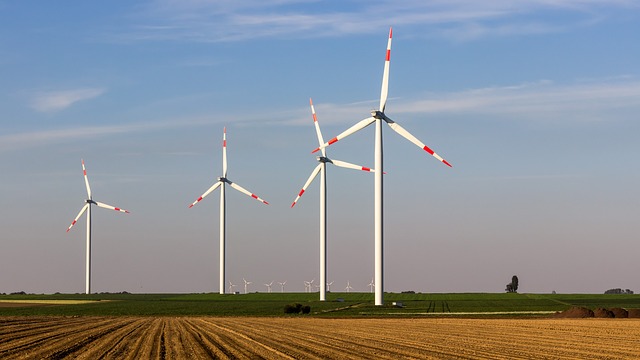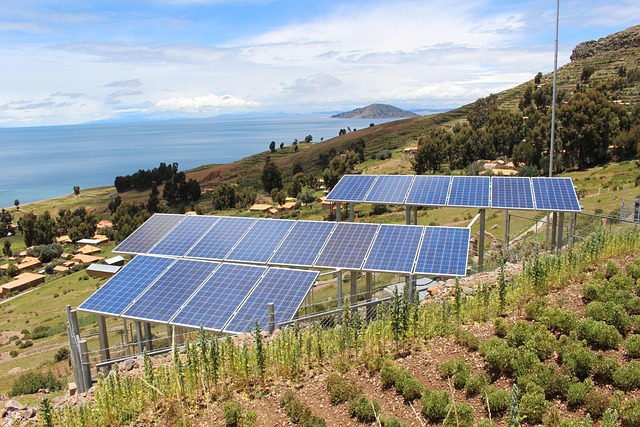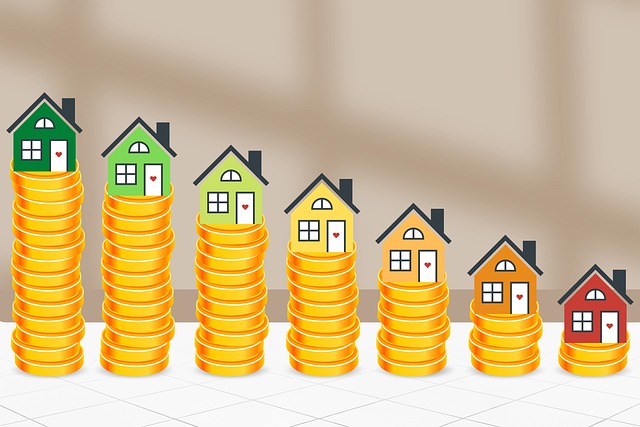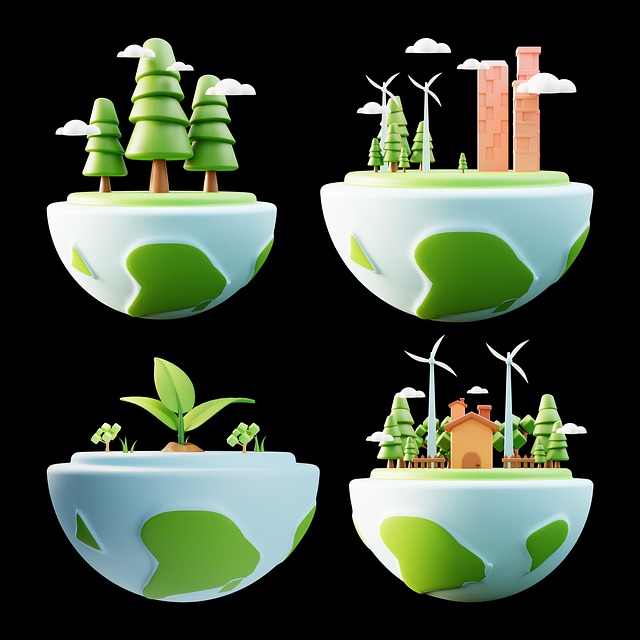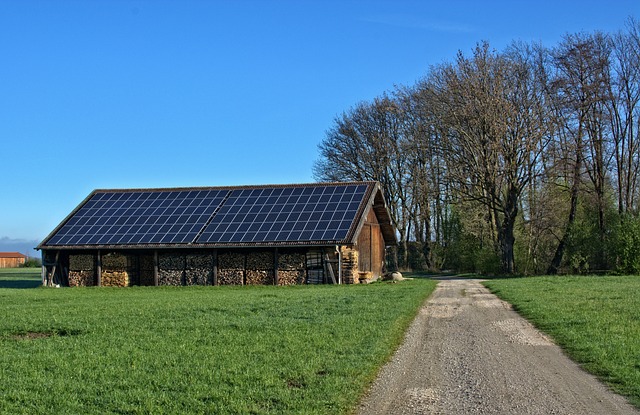In the competitive real estate market, energy efficiency is crucial for property success. Enhancing insulation and integrating smart HVAC systems reduce costs, increase property value, and foster sustainability, appealing to environmentally-conscious buyers. These cost-effective solutions create comfort and long-term benefits, making them smart investments for real estate investors.
In today’s competitive real estate market, maximizing energy efficiency is key to attracting buyers and tenants. This article explores two fundamental steps for achieving that goal: insulating walls and installing efficient systems. We’ll delve into the significance of proper wall insulation in maintaining comfort and reducing energy costs, while examining modern systems’ role in enhancing property value. Additionally, we provide a guide for property owners to implement cost-effective solutions, ensuring both short-term savings and long-term investment.
Understanding Wall Insulation for Energy Efficiency in Real Estate
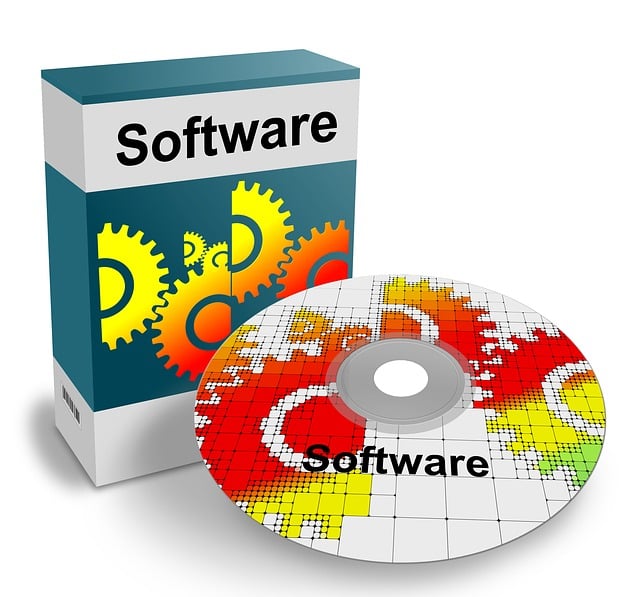
In the real estate market, energy efficiency is a significant selling point and an essential consideration for both sellers and buyers. One of the most effective ways to enhance a property’s energy performance is through proper wall insulation. Understanding this concept is crucial for maximizing the value and appeal of any real estate asset. By insulating walls, homeowners can create a barrier that regulates indoor temperature, reducing heating and cooling costs significantly. This process involves installing materials like fiberglass, foam, or cellulose between the studs to trap air and minimize heat transfer.
Such insulation plays a vital role in creating a comfortable living environment while also contributing to sustainability. In terms of real estate, efficient wall insulation can lead to higher energy savings for occupants, making properties more attractive and potentially increasing their market value. It’s a smart investment that offers both short-term benefits, such as reduced utility bills, and long-term advantages related to the overall efficiency and desirability of the property.
The Role of Efficient Systems in Modern Real Estate Properties

In today’s competitive real estate market, efficient systems are no longer a luxury but an essential component for any property aiming to stand out. These innovative solutions play a pivotal role in enhancing the overall value and appeal of modern homes and commercial spaces. By integrating smart technology and energy-saving mechanisms, efficient systems offer a range of benefits that cater to both homeowners and tenants. From reduced energy consumption and lower utility bills to improved indoor air quality and enhanced comfort, these systems contribute to a more sustainable and livable environment.
Moreover, efficient systems add significant value to real estate properties. Prospective buyers are increasingly drawn to homes equipped with advanced technology, recognizing its potential to simplify daily routines and reduce long-term expenses. Efficient heating, ventilation, and air conditioning (HVAC) systems, for instance, can dramatically decrease operating costs while increasing the property’s energy efficiency rating, making it more attractive to environmentally conscious buyers. This focus on sustainability is not just a trend but a growing demand among modern real estate investors and occupants alike.
Implementing Cost-Effective Solutions: A Guide for Property Owners
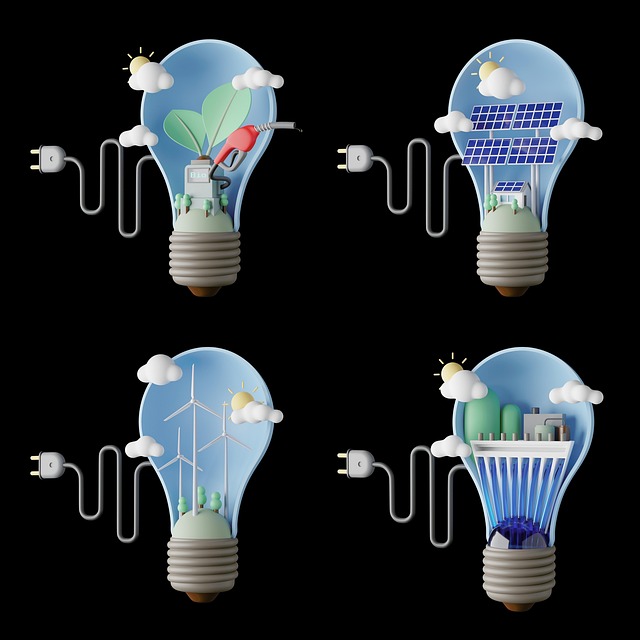
Implementing cost-effective solutions is a smart move for any property owner looking to enhance their real estate investment. When it comes to insulating walls and installing efficient systems, there are numerous options that offer both significant savings and long-term benefits. Start by evaluating your current infrastructure; identifying weak points and areas for improvement can lead to targeted upgrades.
Consider energy-efficient insulation materials, such as cellulose or foam, which provide excellent thermal resistance while reducing utility bills. Similarly, modern HVAC systems with smart thermostats can optimize heating and cooling, ensuring comfortable indoor environments without excessive energy consumption. Investing in these solutions not only improves the property’s value but also contributes to a more sustainable and cost-efficient home for years to come.
